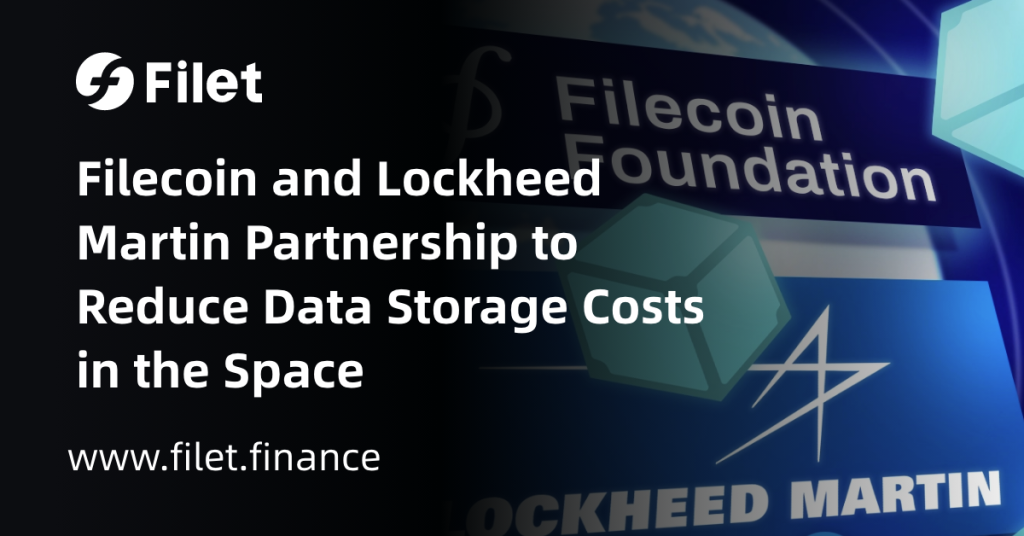
Getting decentralized storage in space will soon become a reality! The recent announcement by the Filecoin Foundation and the US tech firm Lockheed Martin to design customized decentralized storage exclusively for the space industry has sparked much discussion. This collaboration can ultimately pave the path for infrastructure between earth and space, which will support sharing of information and reduce storage costs considerably.
Role of InterPlanetary File System (IPFS)
Interestingly, the key to decentralized storage is the InterPlanetary File System (IPFS), developed by the Protocol Labs. Incidentally, the Protocol Labs was integral to developing the Filecoin protocol. IPFS can be termed as one kind of blockchain-based storage protocol with multiple utilities. IPFS uses content IDs where numerous computers can save and store the same file. If one computer goes offline, another user has the option or choice to retrieve the file from another computer in the network. Added to that, IPFS enables users to store and transfer content-addressed data in the case of a peer-to-peer network.
Relationship between Filecoin and IPFS
There are some apparent similarities between Filecoin and IPFS. Both the systems are free, open-source, and complementary in case of storing and sharing data on the distributed web. They have similar data representation formats (IPLD) and network communication protocols (libp2p). But IPFS doesn’t require Filecoin, but Filecoin does require IPFS. In fact, all Filecoin nodes are IPFS nodes but don’t need to participate in the public IPFS DHT.
In the case of data storage, IPFS provides more utility to users. The IPFS nodes cater to data, and ‘pinning’ is a standard procedure for users to persist the data. IPFS Collaborative Clusters are also used in the case of third-party pinning services. But IPFS doesn’t have the built-in mechanism to incentivize data storage for other users, and there comes the role of Filecoin.
Technically, Filecoins are capable enough of creating a distributed storage marketplace, which is built on IPFS. In case of the safety of the stored data, the Filecoin network is way ahead with the entire process of storing, verifying, and unsealing data.
Shortly, many solutions in the Blockchain will see the combination of the two networks to get the best of both worlds. Given a choice, IPFS for content addressing & data discovery purposes and Filecoin for longer-term persistence will always be the best bet. But users need to be wary of backing up data on the Filecoin network and ensuring content is visible in the IPFS Public DHT.
The space economy is emerging. Along with that, space-based services are in great demand ranging from communication and GPS to environmental monitoring. Private space development is also in use. Thus growth in the communications infrastructure is directly related to the space economy. The role of Filecoin and IPFS will be pivotal in the space world. Space will no longer be just a destination but a new economy to thrive independent of earth.
Contact Filet
Webiste: www.filet.finance
Telegram: https://t.me/filet_finance
Twitter: https://twitter.com/Filet_finance
Blog: https://www.filet.finance/blog_en/
Medium: https://filet.medium.com/
